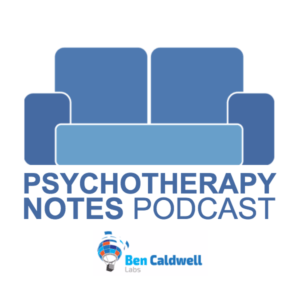 Therapists and counselors are increasingly required to formally gather outcome data on their work. This is good: The more data that we have on our work, the more intentional and effective our clinical decisions can become. Regularly collecting and attending to outcome data, therefore, suggests constant movement towards improvement.
Therapists and counselors are increasingly required to formally gather outcome data on their work. This is good: The more data that we have on our work, the more intentional and effective our clinical decisions can become. Regularly collecting and attending to outcome data, therefore, suggests constant movement towards improvement.
Many therapists struggle, however, with questions about what data to gather, and how to best gather it. Even among those who philosophically agree that regularly collecting outcome data helps to more meaningfully direct therapy, they often don’t do it.
Thankfully, there are a number of easy ways for therapists to collect outcome data. Many come at no cost. The following are just three of the many different tools/assessments therapists can use to collect and interpret outcome data.

 It is advised early on in our schooling to practice self-care as a means to prevent and combat burnout. Preventative self-care is usually along the lines of making sure you are staying healthy. This can mean eating right, working out, or finding something you enjoy in every day, like listening to music or reading before bed. Ideally when you are burned out, self-care would include taking a day or two off to recharge, maybe going on a weekend getaway, or getting a massage.
It is advised early on in our schooling to practice self-care as a means to prevent and combat burnout. Preventative self-care is usually along the lines of making sure you are staying healthy. This can mean eating right, working out, or finding something you enjoy in every day, like listening to music or reading before bed. Ideally when you are burned out, self-care would include taking a day or two off to recharge, maybe going on a weekend getaway, or getting a massage.  We’re big fans of
We’re big fans of  We’ve spent the last two episodes talking about student loan debt. It’s reshaping the mental health professions. Two doctoral students were kind enough to share with us their own personal stories. In this episode, we talk about the great hope for many who are in the deep end of student loan debt: Public Service Loan Forgiveness.
We’ve spent the last two episodes talking about student loan debt. It’s reshaping the mental health professions. Two doctoral students were kind enough to share with us their own personal stories. In this episode, we talk about the great hope for many who are in the deep end of student loan debt: Public Service Loan Forgiveness.  There is a huge
There is a huge